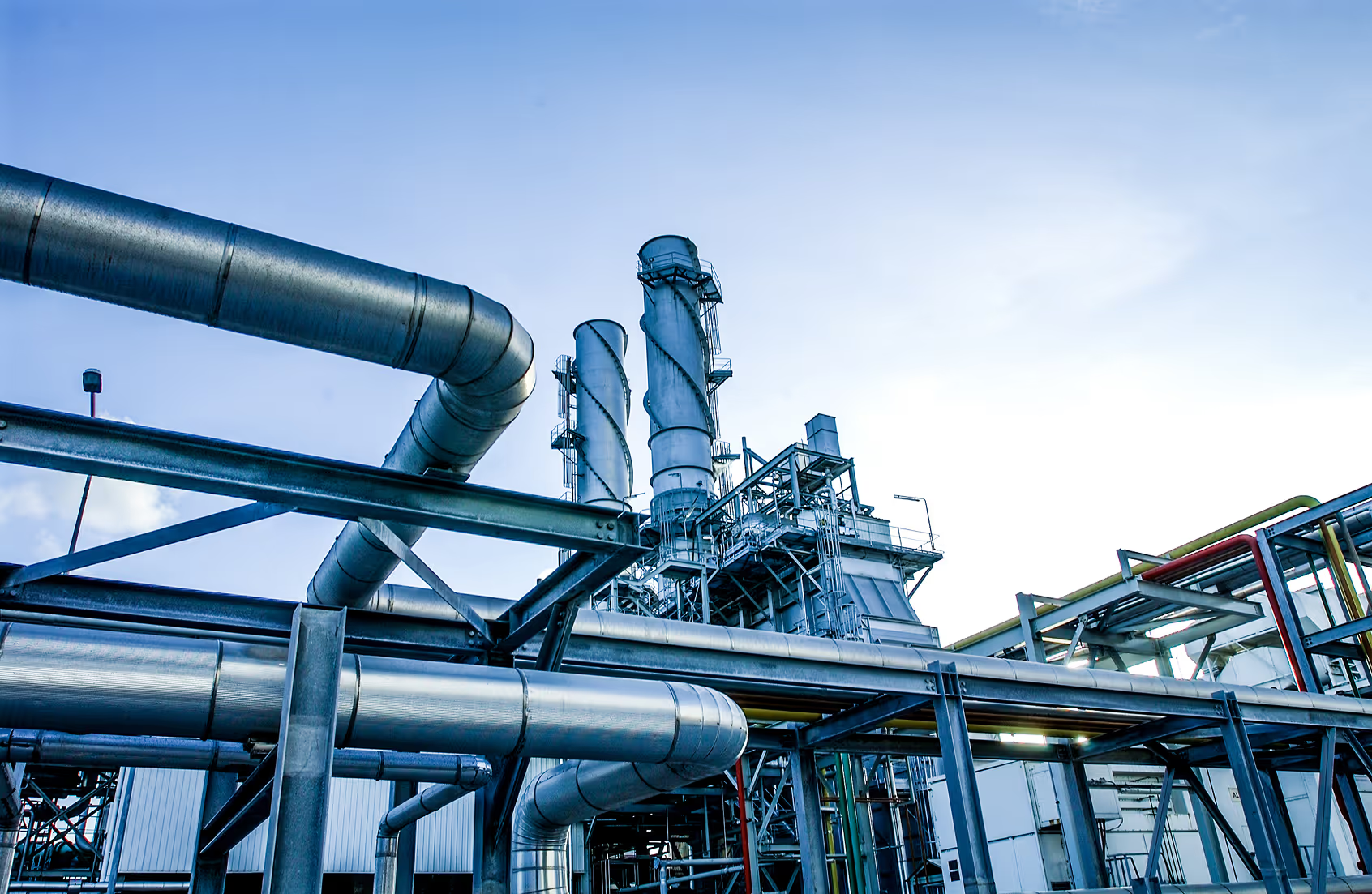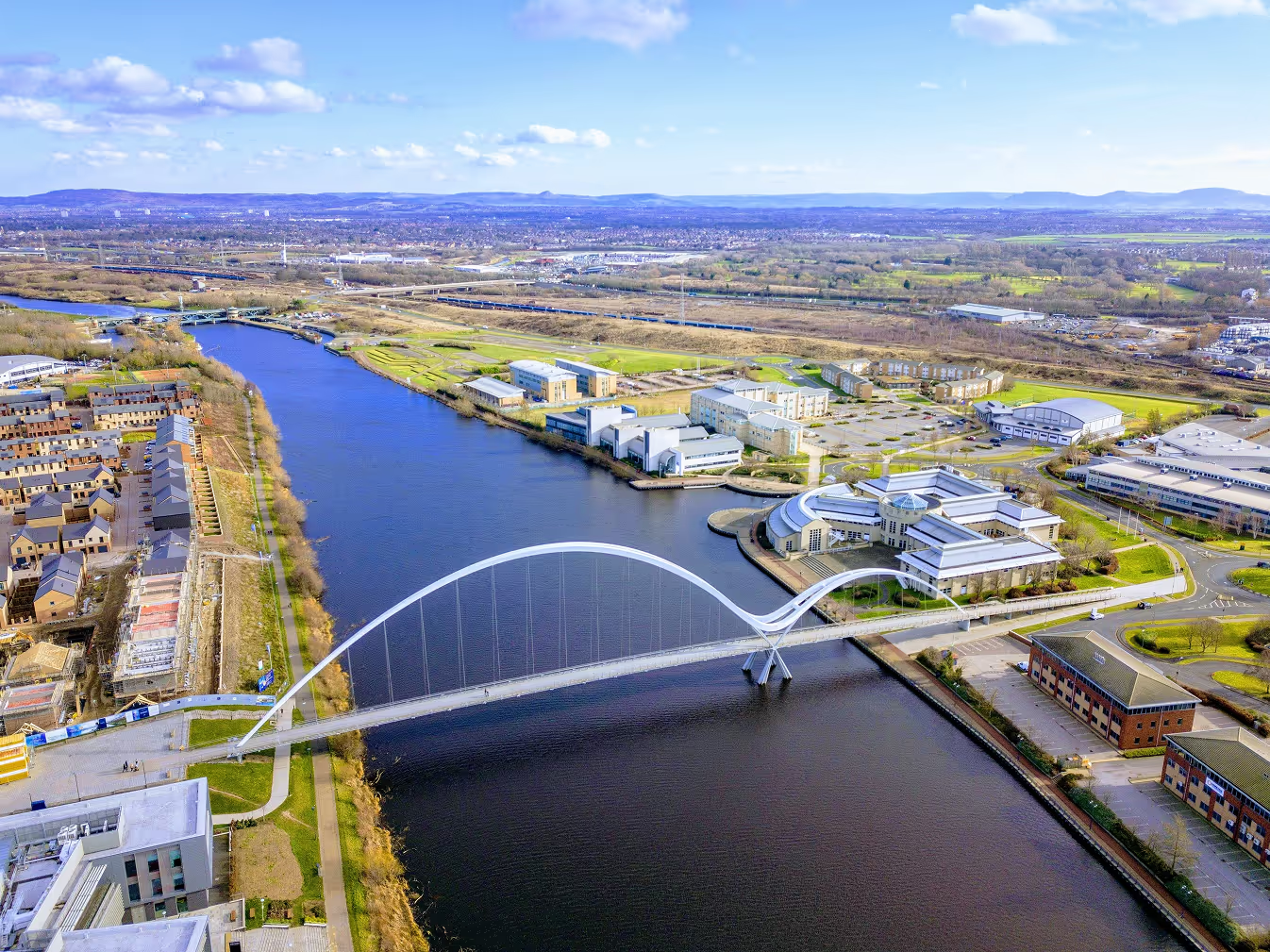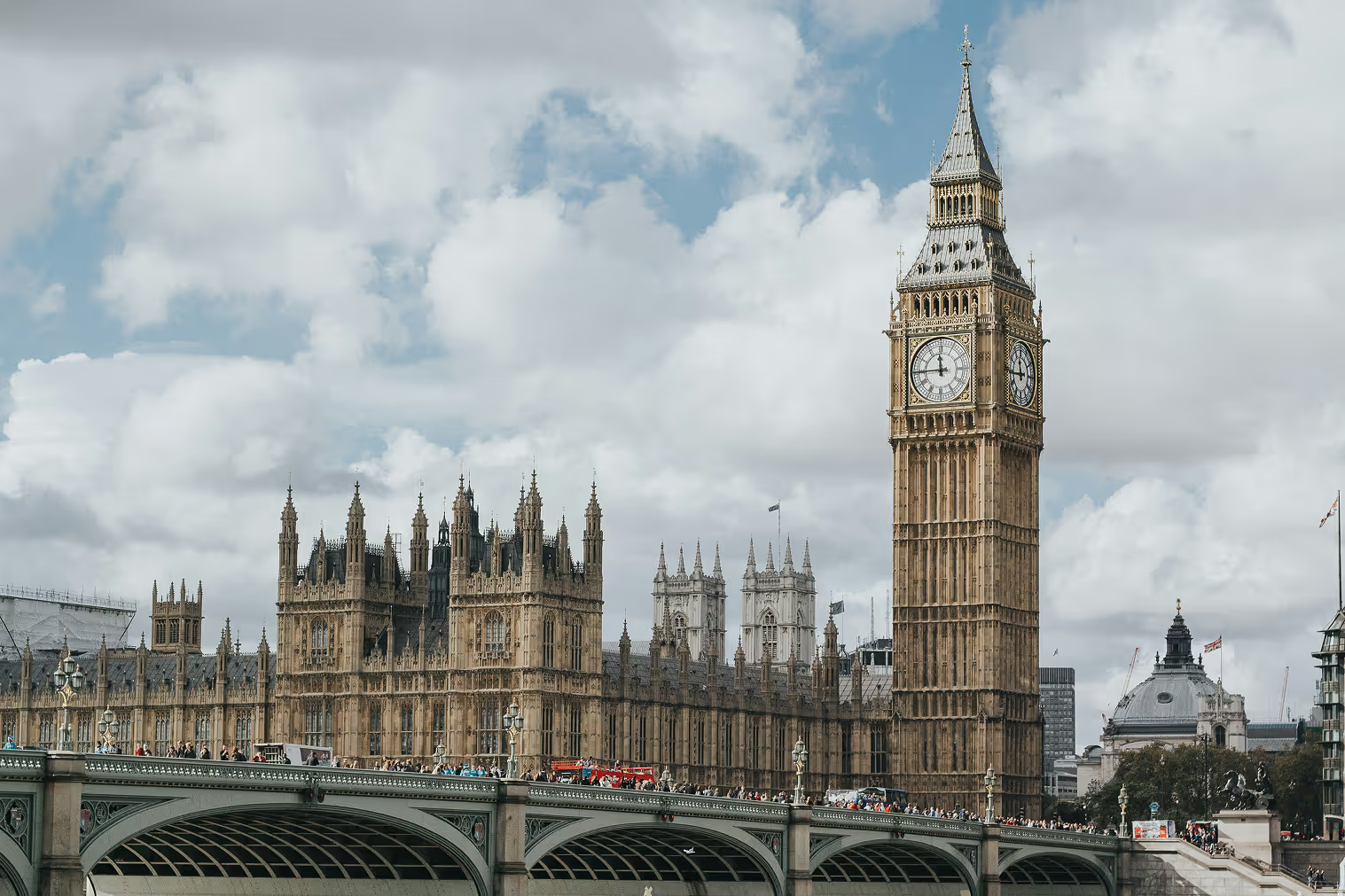Explore our most frequently asked questions
From Teesside, Lighthouse Green Fuels will produce 180m litres of SAF each year: enough to offset 27,000 short-haul flights a year while creating jobs and supply chain opportunities across the UK.
A project built for scale and impact
2025
Third consecutive Advanced Fuels Fund (AFF) award
LGF secured its third round of support from the UK Government’s Advanced Fuels Fund, showing sustained government backing and providing additional resources for final engineering and pre-construction work.
2026
Development Consent Order (DCO) submission
The project will submit a DCO application, including environmental assessments and a community consultation, to secure approval for construction at its Seal Sands site in Teesside.
2027
Expected Final Investment Decision (FID)
With planning approval and policy support in place, LGF aims to reach FID: the formal commitment from investors to finance the £2bn build phase of the project.
2030
Expected commissioning and commercial operations
Construction is expected to finish by 2030, with commissioning and testing to follow. Once operational, the facility will produce 180m litres of SAF annually, alongside 30m litres of renewable naphtha.
Turning what’s wasted into what the world needs.
Every year, large volumes of biomass - such as damaged timber, sawmill offcuts and agricultural by-products like sunflower husks - are left underused or discarded. At LGF, we see their hidden value: renewable feedstocks that can power aviation, not pollute land or air.

Proven science, scaled for real impact.
These residues are converted through gasification and Fischer–Tropsch synthesis. Gasification turns waste into clean synthesis gas, which is then catalytically transformed into liquid hydrocarbons. With carbon capture integration, this process unlocks deep - even net-negative - emissions savings.

A drop-in solution for cleaner skies.
The result is sustainable aviation fuel (SAF) and renewable naphtha. SAF is certified as a drop-in fuel, meaning it blends seamlessly with conventional jet fuel. It powers both business and leisure flights today, helping airlines cut emissions without changing engines or infrastructure.



Valuing what would otherwise be wasted
Lighthouse Green Fuels turns what’s underused today into the energy that powers tomorrow.
Our feedstocks are drawn entirely from sustainably-sourced biomass: materials with no role in food, farming, or construction.
Every tonne of feedstock we convert avoids landfill, displaces fossil fuels, and keeps valuable carbon in circulation - fuelling a cleaner, more resilient aviation future. The primary feedstocks for Lighthouse Green Fuels come from sustainably sourced biomass, including forestry residues, sawmill offcuts, and agricultural by-products. These materials are classed as biogenic wastes and residues under the UK SAF Mandate and meet strict sustainability standards.
Importantly, no material is sourced from primary forests or ancient woodland, ensuring the project protects valuable ecosystems.

Built for carbon-negative flight
LGF’s SAF production is carbon capture and storage (CCS) enabled. CO₂ removal is built into the SAF production process, making truly carbon-negative SAF possible.
Capturing CO₂ as a high-purity stream for permanent storage, the Teesside facility would avoid 750,000 tonnes of emissions each year - equivalent to around 4,500 transatlantic flights.
Every litre of SAF not only replaces fossil jet fuel, it actively removes carbon from the atmosphere, helping airlines cut emissions without new engines or infrastructure. A step change in aviation decarbonisation, designed for the net-zero era.

The next generation of SAF
Why LGF’s second-generation pathway matters
- Uses biogenic wastes and residues, not food crops; avoids direct land-use conflict and leverages circular economy feedstocks.
- Gasification + FT is an ASTM-approved, drop-in route with strong compatibility and CCS-enabled for greater GHG reductions.
- Feedstocks: HEFA SAF relies on waste oils and fats such as UCO and tallow which are already limited in supply. Diversifying feedstocks will be critical to meet the SAF Mandate.
- Market risks: The UK’s dependence on imported lipids exposes the sector to price volatility, especially given competition with road fuels. Policy misalignment can further increase costs and investment risk.
- Scaling SAF: Meeting SAF demand beyond the Mandate's HEFA cap in 2030 requires second-generation feedstocks such as sustainably-sourced biomass.
LGF is the UK’s flagship second-gen SAF project - a project of national significance and ready for construction - while others remain at early design stages.
Our path to delivery
Transparent consultation and planning, with defined milestones
Development Consent Order (DCO) process underway
Statutory consultation, environmental assessment, and stakeholder engagement culminating in DCO submission in 2026.

Next steps
Target FID in 2027; construction and commerical operations expected in 2031.

Policy & support
LGF is the only SAF project in the UK to have secured funding in every round of the UK Government's Advanced Fuels Fund. The SAF Mandate and forthcoming Revenue Certainty Mechanism (RCM) provide market structure; industry analysis stresses these are vital to unlock advanced SAF at scale. This sits within the UK’s Jet Zero Strategy, which targets at least 10% SAF in the national fuel mix by 2030. LGF is among the advanced projects expected to help meet that goal.
